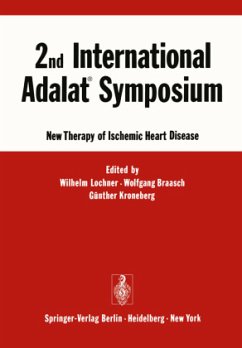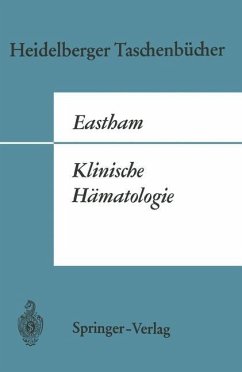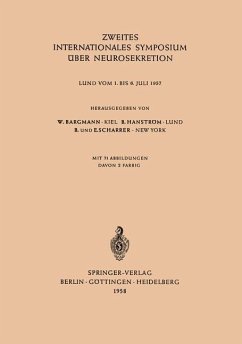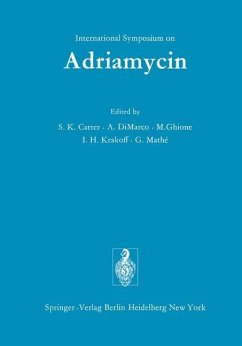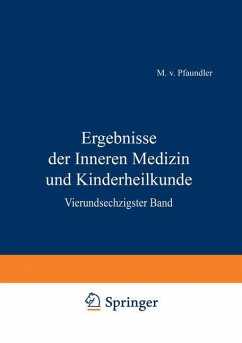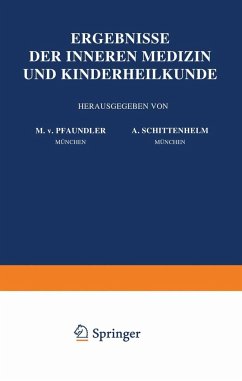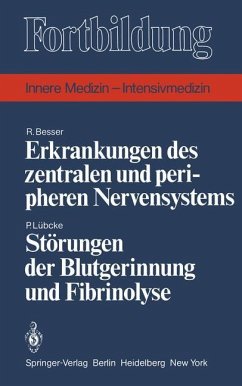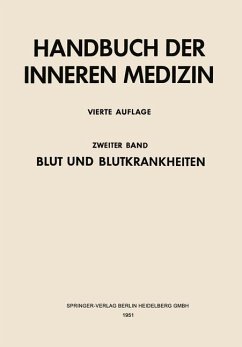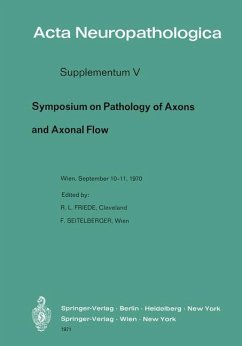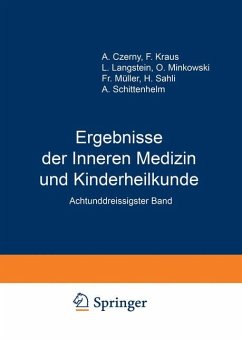
36th Hemophilia Symposium Hamburg 2005
Epidemiology; Hemophilia Therapy - Management of Bleedings and Inhibitors; Orthopedic Treatment in Hemophiliacs; Hemostaseologic Diagnosis; Pediatric Hemostaseology; Free Lectures
Herausgegeben: Scharrer, Inge; Schramm, Wolfgang;Mitarbeit: Auerswald, G.; Kurth, A.; Oldenburg, J.; Schramm, W.; Zieger, B.

PAYBACK Punkte
57 °P sammeln!
About 31% of the patients with a factor VIII replacement therapy develop a factor VIII inhibitor.From these are 23% low-responder ( 5BE) [8].In the case of severe hemophilia B,about 10.5% of the patients develop inhibitory antibodies [9]. Anti-factor VIII-antibodies are also seen in 15 78% healthy people without hemophilia [7, 17, 19]. Lacroix-Desmazes et al. [10, 11] showed anti-idiotypic antibodies neutralizing the inhibitory activity of the an- factor VIII antibodies in healthy people. Well-known predisposing factors for inhibitor formation are genetic features of factor VIII,which include ...
About 31% of the patients with a factor VIII replacement therapy develop a factor VIII inhibitor.From these are 23% low-responder ( 5BE) [8].In the case of severe hemophilia B,about 10.5% of the patients develop inhibitory antibodies [9]. Anti-factor VIII-antibodies are also seen in 15 78% healthy people without hemophilia [7, 17, 19]. Lacroix-Desmazes et al. [10, 11] showed anti-idiotypic antibodies neutralizing the inhibitory activity of the an- factor VIII antibodies in healthy people. Well-known predisposing factors for inhibitor formation are genetic features of factor VIII,which include large deletions,nonsense mutations or intrachromosomal recombinations [5, 23].Also, ethnic groups other than Caucasians (e.g.Africans) have a higher risk of developing inhibitors.Other risk factors are presumably de- ved from the immune system. For instance, a reduction of the inhibitor was seen with lower CD4+ T helper cell counts in HIV positive hemophilic patients [3,4].The development ofinhibitors is very likely to be a Th-2 mediated event where cyto- nes and their receptors,T-cell receptors and the Major Histocompatibility Complex may also play an important role. Theoretical Background The substituted factor is an unknown protein for patients with a severe he- philia. Fig. 1. The normal immunoresponse (according to BAENKLER [2]) Abbreviations: TCR T cell-receptor; APC antigen presenting cell 36 I.Wieland et al.





